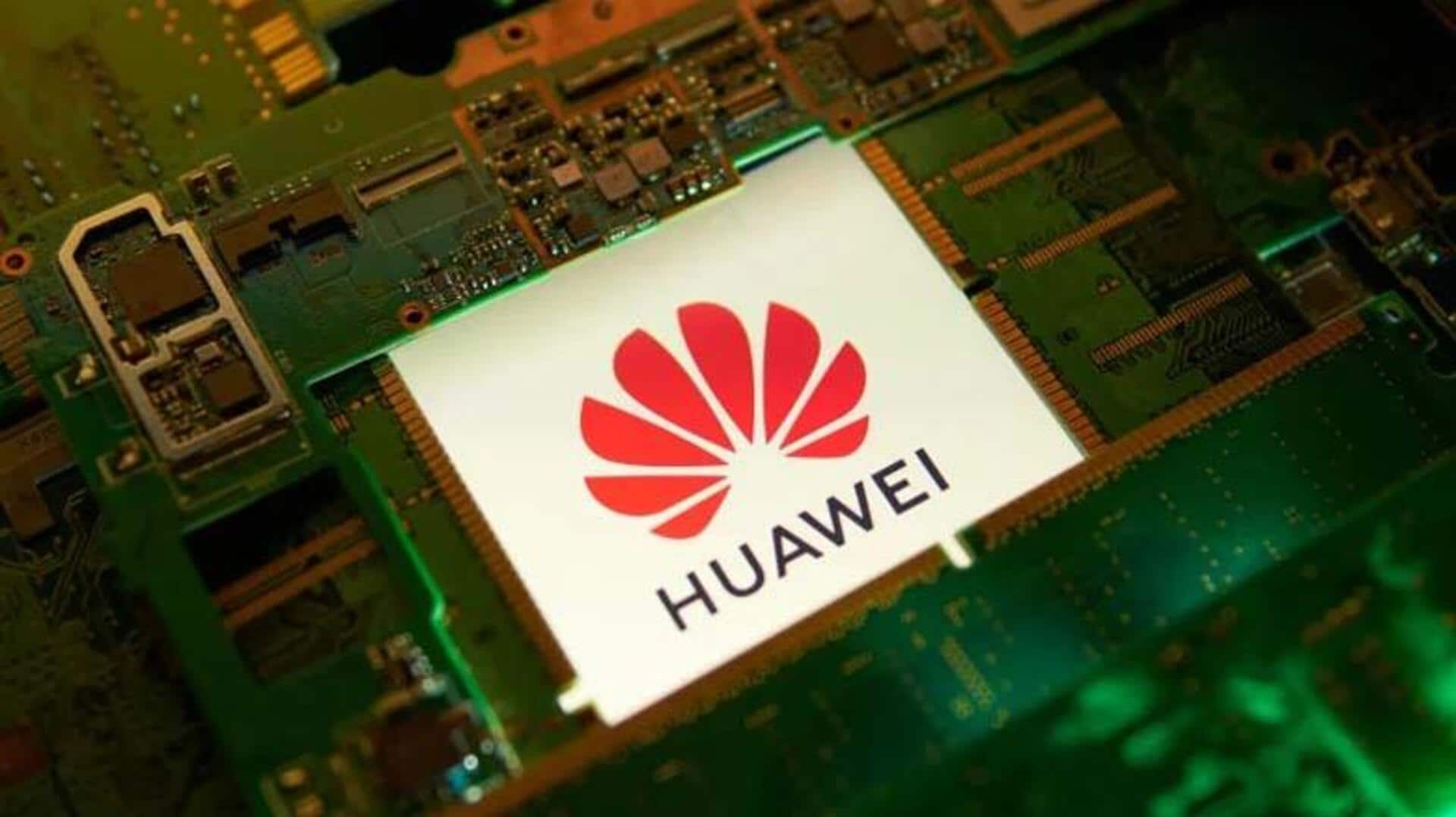
Huawei is readying new AI chip to challenge NVIDIA's dominance
What's the story
Huawei Technologies is gearing up to test its newest artificial intelligence (AI) processor, the Ascend 910D, according to The Wall Street Journal.
The Chinese tech giant hopes the chip could take on some of NVIDIA's high-end offerings.
The move highlights the resilience of China's semiconductor industry, even as Washington continues to try and slow its progress by restricting access to certain Western chip-making tools.
Collaboration
Collaborating with Chinese tech firms for chip testing
Huawei has approached a number of Chinese tech giants to help test the technical feasibility of the Ascend 910D chip.
The company is likely to get its first batch of processor samples by late May.
This phase of development will include several tests to assess the chip's performance and make it ready for the market, sources familiar with the matter said.
Chip details
Ascend 910D: Huawei's most advanced AI chip yet
The Ascend 910D is the latest member of Huawei's family of AI processors, succeeding the last two versions - 910B and 910C.
The company hopes the new chip will beat NVIDIA's H100, a widely used AI training chip launched in 2022.
The ambition underscores Huawei's position as a leading player in China's fast evolving AI sector.
Trade challenges
Resilience to US trade restrictions
Huawei, which has been on a US trade blacklist for nearly six years, has shown its knack for overcoming American restrictions.
In 2023, the company launched a high-end smartphone, Mate 60, powered by a locally produced processor.
Earlier this month, Washington added NVIDIA's H20 chip to an ever-growing list of semiconductors with restricted sales in China.
This has opened doors for Chinese companies such as Huawei and Beijing-based Cambricon Technologies to create similar chips.
Strategic shift
Huawei's strategy amid production challenges
Instead of just focusing on making individual chips more powerful, Huawei is also looking at building more efficient and faster systems to utilize their chips.
In April, the company introduced the CloudMatrix 384, a computing system that connects as many as 384 Ascend 910C chips.
Some analysts even claim that it beats NVIDIA's flagship rack system under certain conditions, even though it consumes more power.